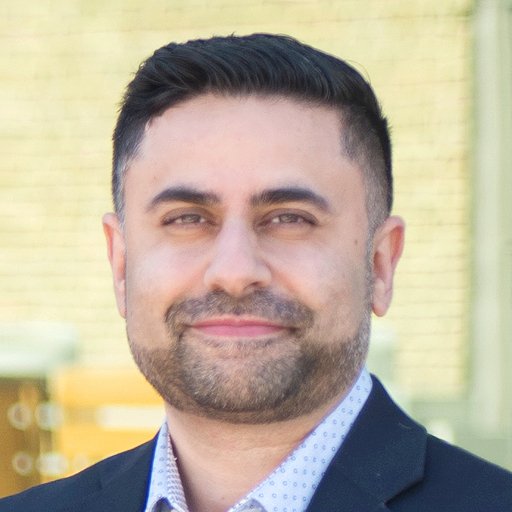Javeed Sukhera, MD, PhD, FRCPC
“The past is beautiful because one never realizes an emotion at the time. It expands later, and thus we don’t have complete emotions about the present, only about the past.” — Virginia Woolf
I knew I was interested in global health, yet I had no idea how one simple pamphlet would change the course of my life’s trajectory.
Seventeen years ago a blue and white pamphlet came in the mail that referenced a medical school program in Israel focusing on global health. I had never imagined traveling as far as Israel to attend medical school, so my initial instinct was to throw the pamphlet away. My father fished it out of the recycling bin and insisted I look into the program. I knew I was interested in global health, yet I had no idea how one simple pamphlet would change the course of my life’s trajectory.
When I first arrived in Israel I remember being exhausted and bleary-eyed. The taxi dropped me off in a dusty parking lot where I was completely disoriented, sticky with sweat, and fearful of the stray pack of dogs eyeing me and my 3 large suitcases. The first few weeks felt exciting and exotic. It wasn’t until the fall that the challenges of living in a foreign land became evident. Slowly, a dense ball of homesickness grew in the pit of my stomach. Even when there were moments of excitement I felt isolated, and I felt deeply insecure.
By graduation, I knew that my medical education was a transformative experience that would always be a part of me.
Much of my time at MSIH was marked by tension. Trying to learn a new language, mastering the content of the medical curriculum, and surviving Beersheva was more difficult than I anticipated. By the third year, I began to thrive. By graduation, I knew that my medical education was a transformative experience that would always be a part of me.
Now, seventeen years and two kids later, I’m still exhausted and at times, bleary-eyed.
I finished my residency in Psychiatry and fellowship in Child and Adolescent Psychiatry and began a job at Western University’s Schulich School of Medicine and Dentistry in London, Ontario, Canada. Afterward, I went on to pursue a PhD in education, and my research program explores teaching and learning about equity and prejudice. Recently, I was appointed as a Scientist at our Centre for Education Research and Innovation. At the Centre, our group explores learning theories and their relevance to medical education.
Traditional approaches to medical education are not necessarily transformative. MSIH, however, is the opposite.
As a medical student, I had never heard of the concept of “transformative learning theory.” Much is written about how global health learning is inherently transformative. Learning in challenging cultural and geographic settings exposes students to considerable tension and dissonance. They experience disorientation as they begin to question long-held assumptions. They seek to reconcile their new knowledge as they process and integrate the transformative experience into their being.
In our research, we have learned how transformative learning can produce powerful shifts in how students see the world. Traditional approaches to medical education are not necessarily transformative. The student is a container as the curriculum is poured into them. MSIH, however, is the opposite. Being on the wards at Soroka can be forceful enough to shatter the container to pieces. I remember trying to pick up the pieces, arranging and rearranging them, feeling a sense of futility and learned helplessness. It wasn’t until I left Israel that I began to appreciate the unique benefits of transformative learning.
The Art of Kintsugi
One of the most poignant metaphors for this experience comes from Japanese culture and the art of kintsugi or “golden joinery.” In kintsugi, broken pieces of pottery are joined together with lacquer mixed with precious metals such as gold, silver, or platinum. Rather than something to disguise or hide, breakage and repair are accentuated and viewed as part of the object. Invisible cracks become visible. History becomes beauty.
Dr. Javeed Sukhera, MSIH ’07, is an Assistant Professor of Psychiatry and Pediatrics at the Schulich School of Medicine and Dentistry at Western University in London, Ontario, Canada, and is also Senior Designate Physician Lead for Child and Adolescent Psychiatry at the London Health Sciences Center. He completed his bachelor’s degree at Trinity College at the University of Toronto and his residency in psychiatry. Dr. Sukhera completed his fellowship in child and adolescent psychiatry at the University of Rochester in New York. He is also a 2017 Scholar in the Program for Educators in Health Professions at Harvard University’s Harvard-Macy Institute.
Interested in learning and practicing medicine with an emphasis on Global Health? Click below to learn more.



